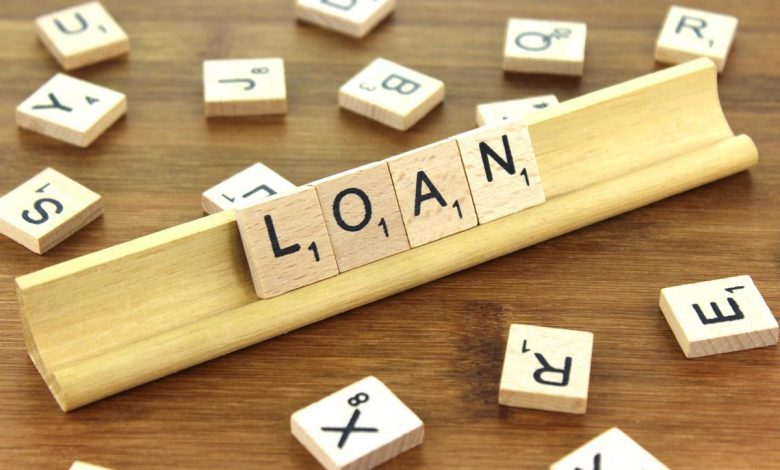Signs It’s Okay for You to Take a Loan

Loans are not evil. They exist to help individuals make massive necessary purchases and payments. With the right attitude, people can take advantage of loans. However, when loans get neglected, they’ll pile up, and people might find themselves buried deep in debt.
People take loans for various reasons. For example, one of the most common purposes of taking out a loan is for emergency expenses. Just take a look at and examine what happened in 2020. The economy plummeted, and many people lost their jobs.
Imagine a man named Steve, who used to work as a digital marketing specialist. He is the only breadwinner for a four-member family. When he lost his job, his family survived on emergency funds. But the pandemic didn’t make things easier for him to find work.
Bills began piling up, and soon, he was taking money from his savings. The family hoped the pandemic would get better, but it didn’t. A hurricane raged through the country and tore Steve’s house down or at least half of it. By the end of the year, Steve and his family stood at the cusp of being homeless in the middle of winter. Desperate, he decides to take a loan to make the necessary repairs to his house. Did Steve make the right choice?
Some might argue that he did. It was better to take the loan than go homeless in the middle of the COVID-19 pandemic and harsh weather conditions. Steve and his family could easily contract the disease, and instead of just losing money, they would have been at risk of endangering their lives.
On the other hand, some might say he didn’t make the right choice because loans will financially weigh him down further. How do we know which decision is correct? Let’s examine Steve’s decision by discussing some of the signs that will tell you when it’s okay to take a loan.
Take the Loan When You Know You Can Afford to Pay
When it comes to financial decisions, the first thing you want to do is to be prudent. Loans are outstanding because they give you purchasing power even when you don’t have funds at the moment. They are also helpful for various situations — but not all of them.
For example, let’s say you’re about to make a considerable investment. Your research and experience tell you it will make good profits, but you don’t have the cash. Instead, you have a piece of real estate property that you don’t currently use.
One of the options you can choose is to take a hard money loan. This involves securing the loan with real property. In this case, you can use that real estate property as collateral. You can then make the investment, grow the business, and hopefully make huge profits. In addition, you’re sure you can pay the loan because you have resources to use.
So before you do take a loan, figure out whether you can comply with the terms and conditions. If you’re having second thoughts, then it’s probably better to take more time considering the decision.
The Loan Is for Something Extremely Essential
Take a look at your budget and priorities. We should always prioritize essential expenses. These could be costs for transportation, housekeeping, house repairs, and medical expenses. Remember that it’s okay to make loans for these purposes.
In other words, take a loan if it’s for something essential. It’s not necessary to renovate the kitchen when it’s fully functioning. Neither is it an intelligent choice to take a loan for a car when your old one is still working just fine.
However, when you need funds for something crucial to your life and work, you might consider taking a loan. Take, for example, emergencies, such as critical illnesses. Medicine, treatment, and surgeries can have skyrocketing costs. When you don’t have the funds to heal, you can take a loan.
How to Choose a Good Money Lender
A good moneylender has sufficient lending limits. They are flexible and responsive. More importantly, they should treat you like a partner instead of a simple borrower.
Remember that one of the things you should watch out for is the lender’s reputation. They have to be reliable and credible. You don’t want to deal with loan sharks in sheep’s clothing.
Meanwhile, watch out for shady lenders. They’re straightforward to spot. For starters, they’re usually the ones who call you first. The need to solicit for business does not happen to legitimate lenders.
Watch out for the way they reel you in toward taking a loan, too. Usually, these mischievous lenders will attract you with aggressive marketing assertiveness. Don’t hesitate to say no.
Stay away from lenders that try to compel you to take bigger loans than you can afford. Again, go back to the first sign that tells you it’s okay to take the loan. You should be able to afford to pay for it.
Find your way out the door when they don’t even let you read the loan documents or when they make you sign incomplete forms.
Now let’s go back to Steve. He took a loan to make the necessary and essential repairs to his house. But he doesn’t have a job. Did he make the right choice?





